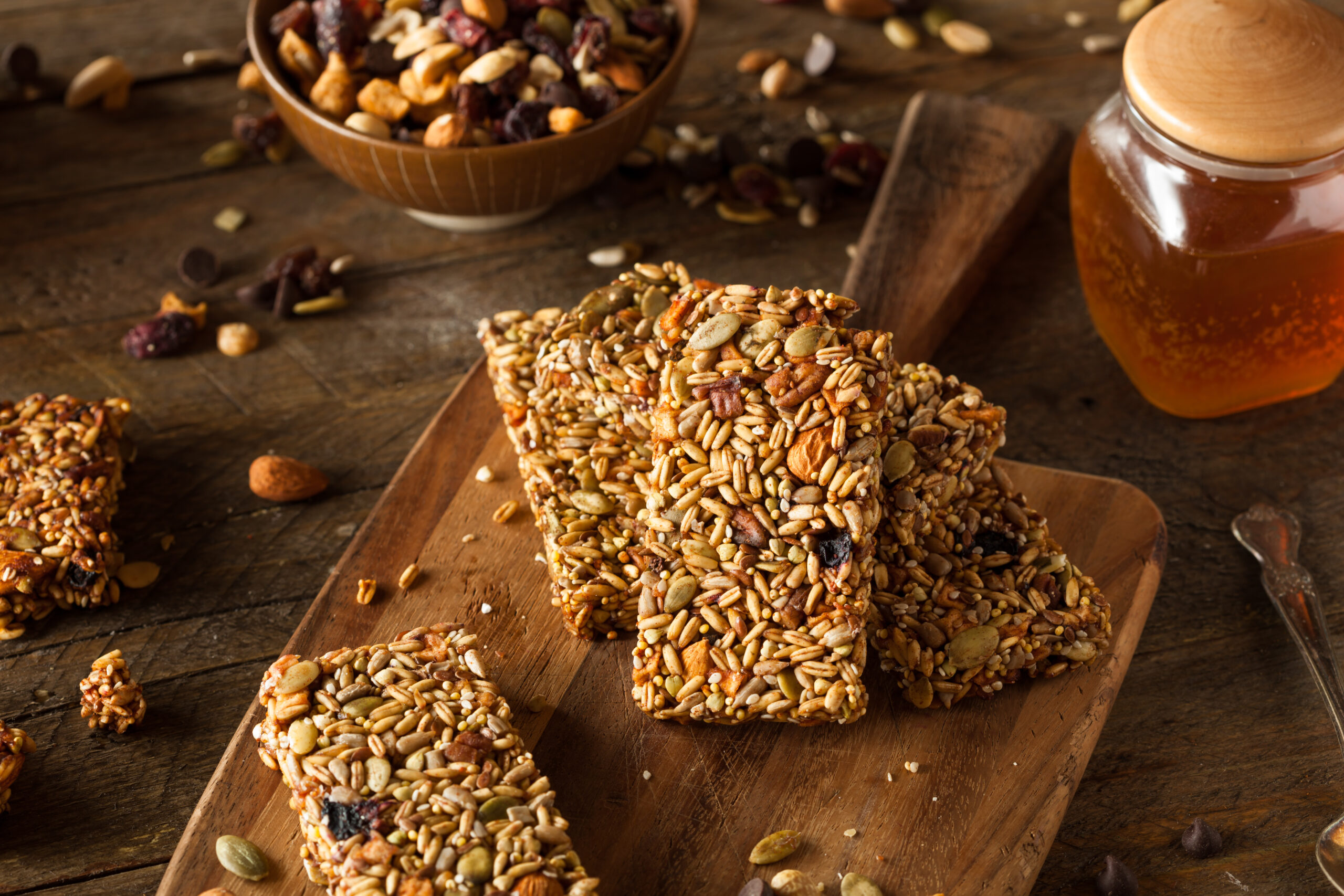Protease
Enzymes to help digest proteins into amino acid building blocks
Lipase
Enzymes to help break down fats into energy-rich fatty acids
Amylase
Enzymes to help digest starch carbohydrates
Lactase
Enzyme to digest lactose
Carbohydrases
To help break down hard-to-digest carbohydrates and plant fibers
Phytase
To help release nutrients and minerals from plants














